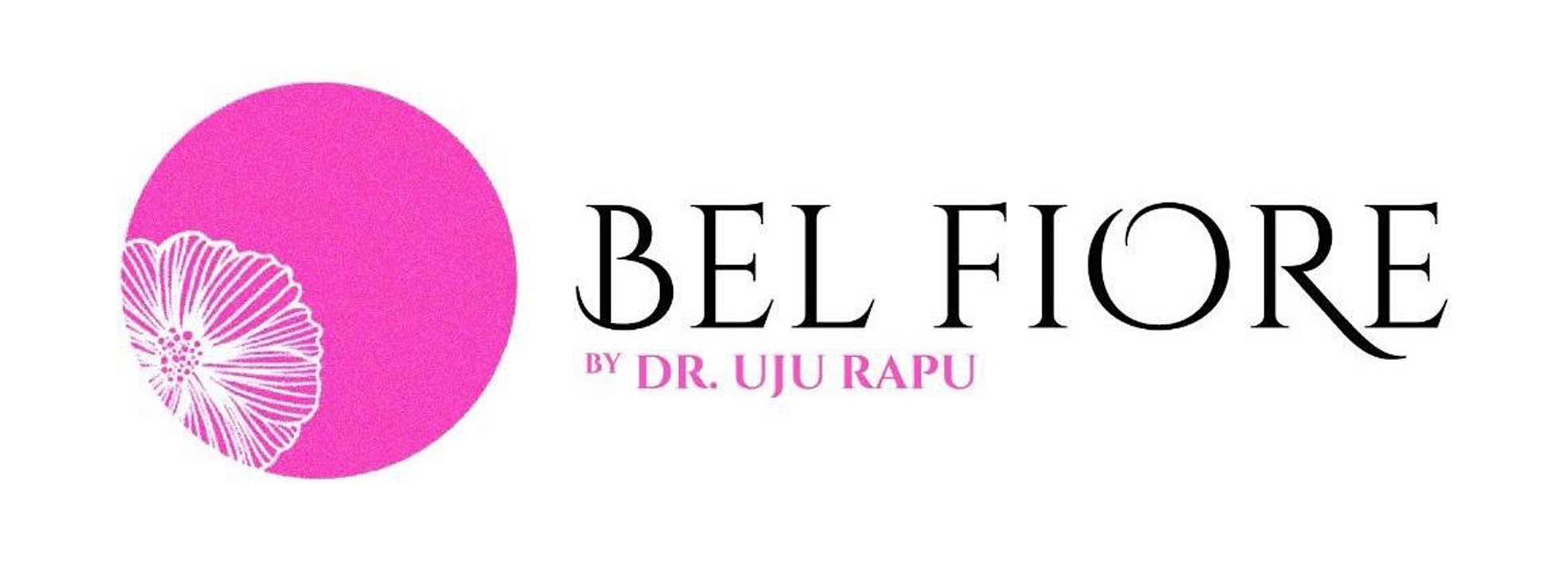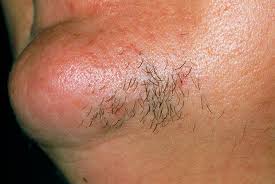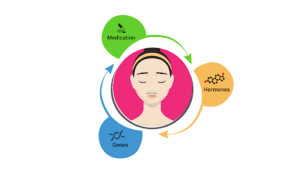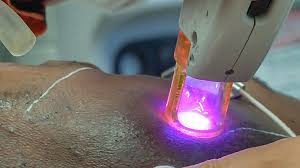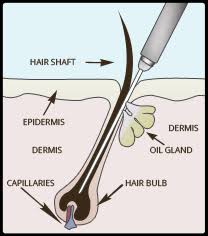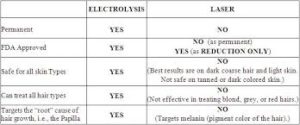11 Feb ALL YOU NEED TO KNOW ABOUT HIRSUTISM(FACIAL HAIR)
What is Hirsutism?
Hirsutism is a condition in women characterized by excessive growth of dark or coarse hair in a male-like pattern such as the presence of hairs on the face, chest, lower abdomen, inner thighs and back. The hairs typically grows on unusual areas of a woman’s face and body or at an unusual density and thickness. This condition is rarely seen in men.
Causes
Increased levels of androgens or over sensitivity of the hair follicles to male hormones (androgens) especially testosterone are the main causes of hirsutism. Hence, Most cases of Hirsutism are hormonal. However, hormonal imbalance may arise due to certain medical conditions or medications such as;
- Polycystic ovary syndrome
- Cushing Syndrome
- Tumors
- Medications such as minoxidil etc and other related
Among the above listed causes, research has it that the most common cause in women is the Polycystic ovary syndrome (A hormonal disorder causing enlarged ovaries with small cysts on the outer edges).
Risk factors for this disorder includes: Family history, obesity etc.
When to see a doctor
If you think you have too much coarse hair on your face or body, or signs of virilization, you would need to see a doctor about treatment options. Mostly, Excess facial or body hair is often a symptom of an underlying medical problem. Hence, a consultation with your doctor will entail ruling out the underlying cause of the condition, and this is usually done through history taking, blood tests and scan to rule out polycystic ovaries or tumors.
You may need to be referred to a doctor who specializes in hormone disorders (endocrinologist) or skin problems (dermatologist) depending on the cause or treatment option.
What else can we do to help?
There are various treatment options for this condition. In getting rid of hair, most effective treatment options are laser and electrolysis hair removal.
Laser Hair Removal:
This is the process of hair removal by means of exposure to pulses of laser light that destroy the hair follicle.
Electrolysis Hair Removal:
This is a common method of removing unwanted hair permanently and this process involves the use of a microscopic needle that emits heated electric currents directly into the hair follicle shaft, destroying the follicle and its ability to regrow or support new hair growth.
Why we recommend Electrolysis over Laser
Electrolysis is the only treatment option that’s approved by FDA for permanent hair removal. Unlike Laser treatment, electrolysis targets all colors of hair and does not require the use of chemicals on the skin.
We offer electrolysis and consultations in our clinic. Kindly contact 07031951642 for more information and feel free to refer a friend.
